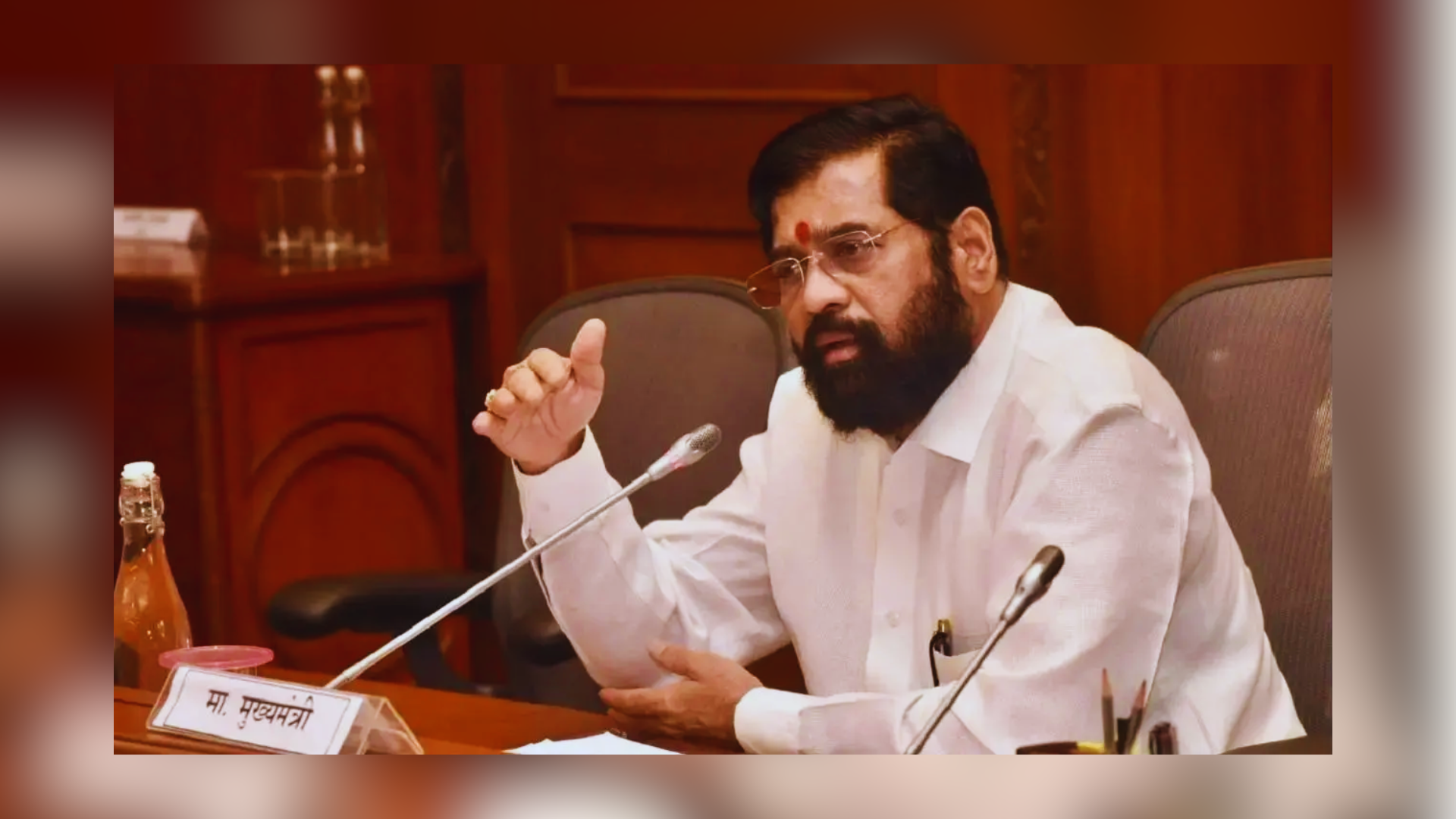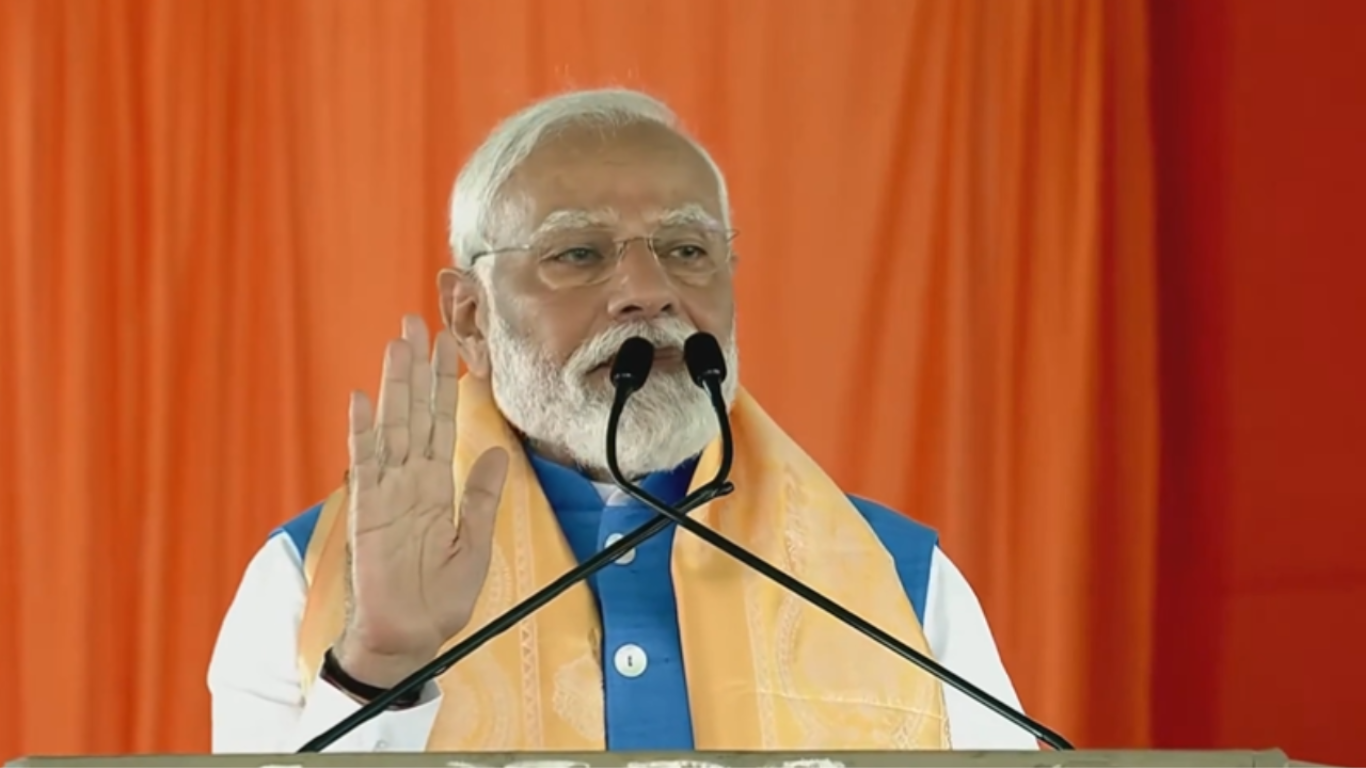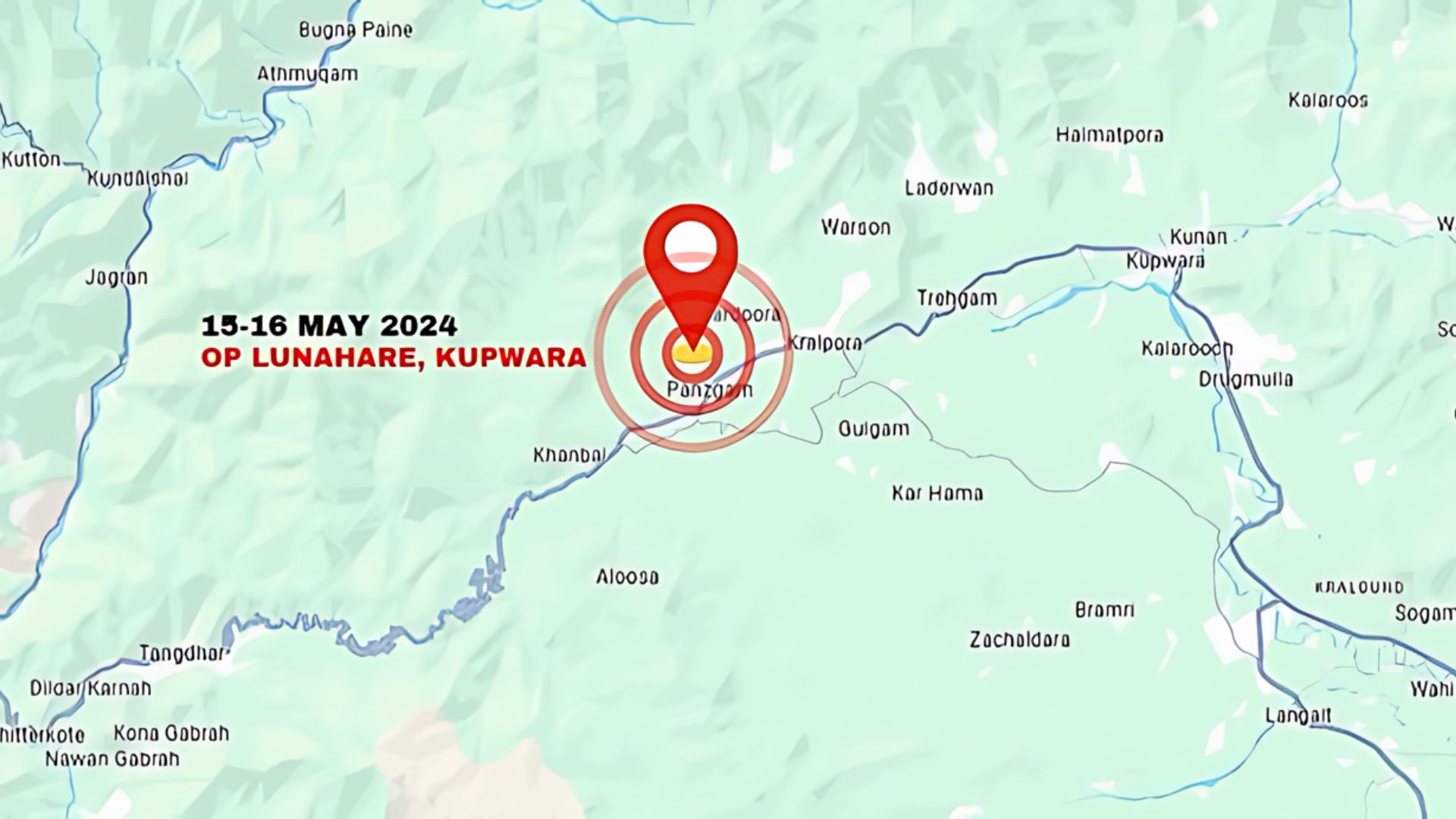



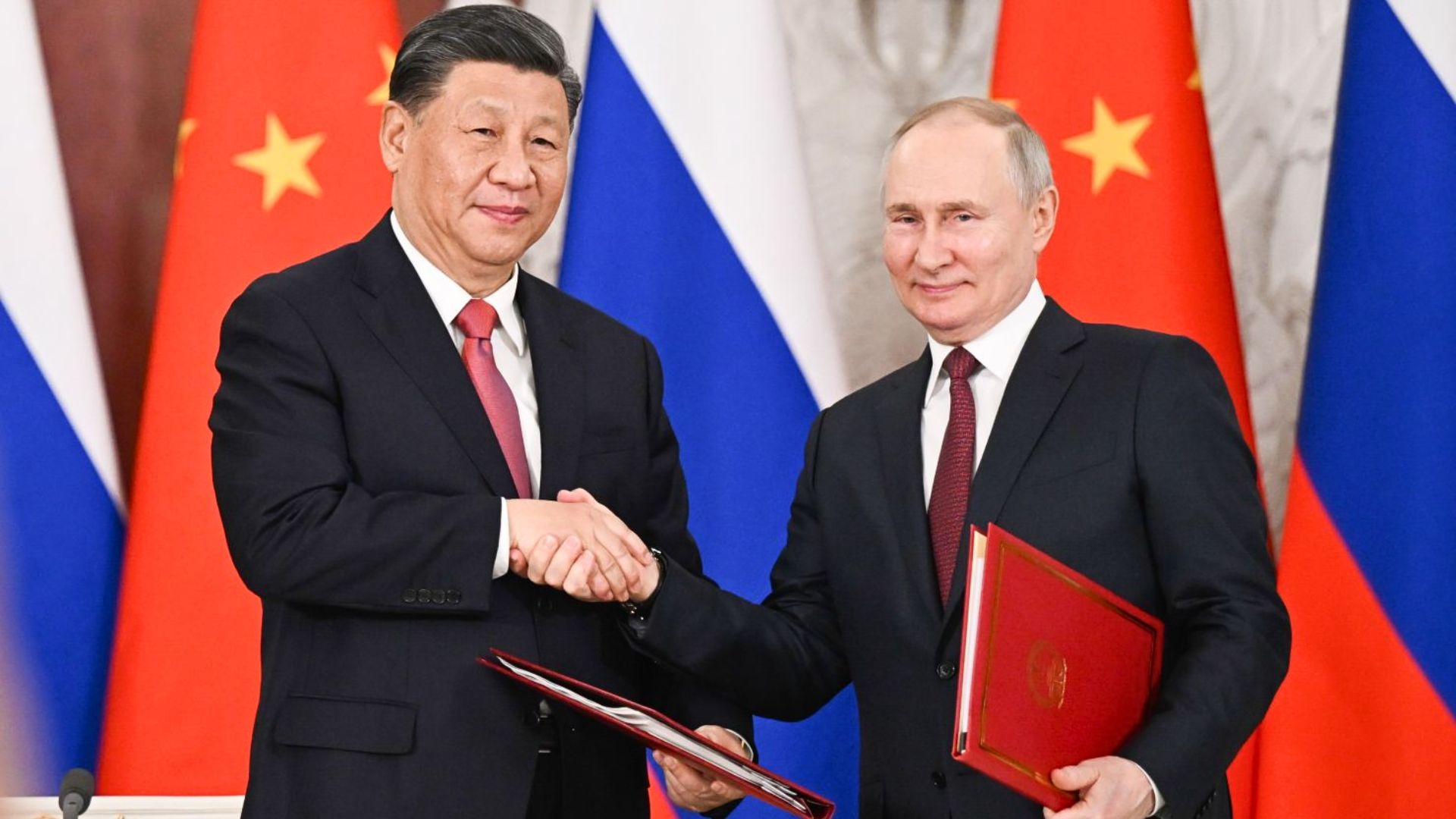


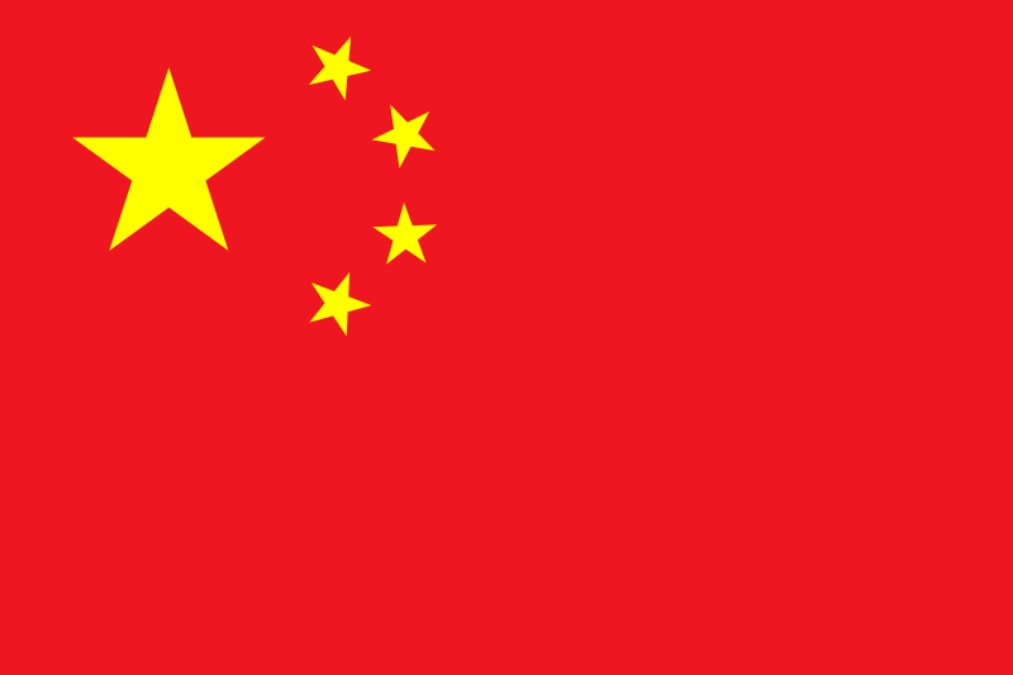


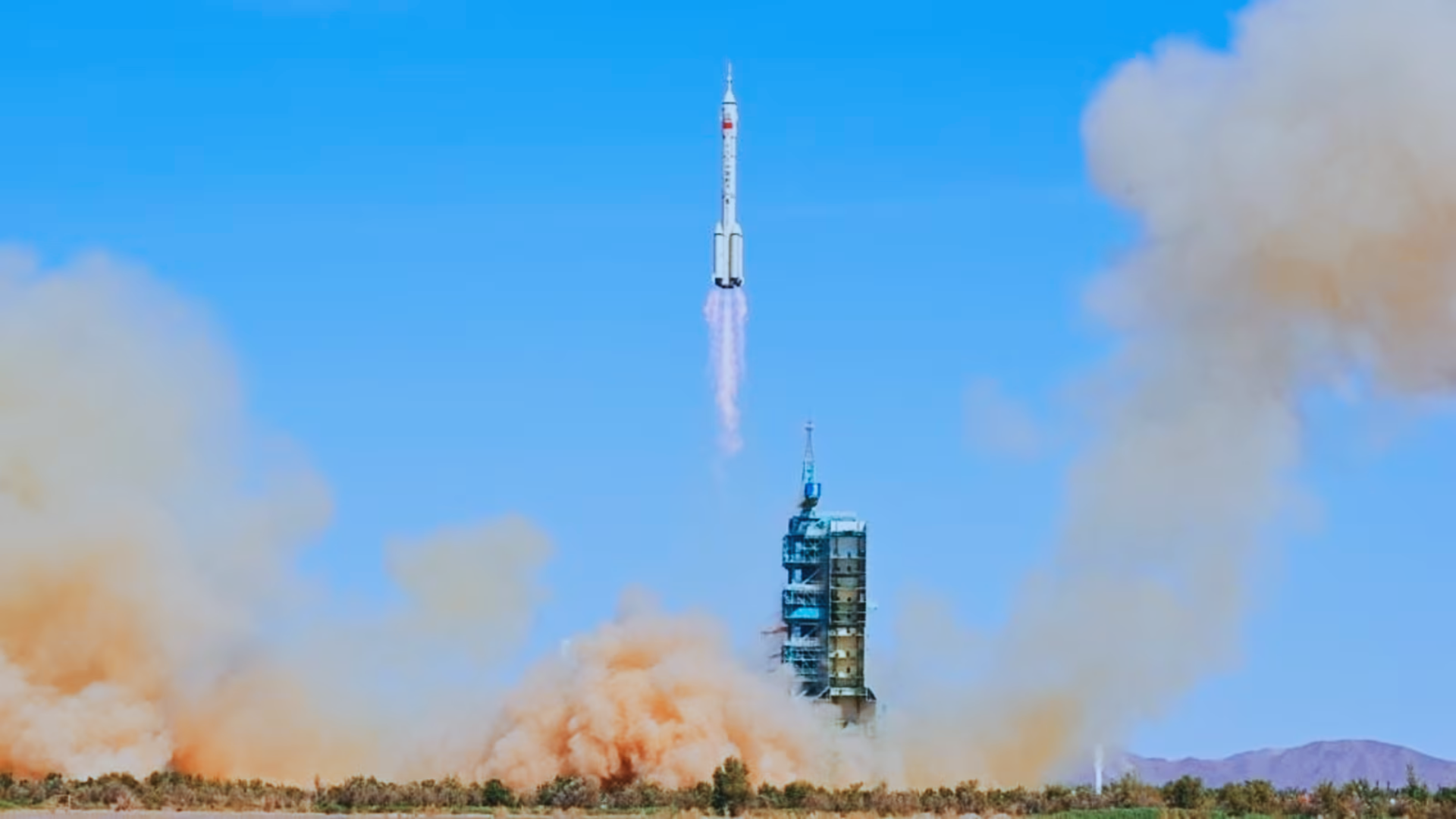
China’s Chang’e 6 lunar sample return mission, scheduled for launch on Friday, will carry Pakistan’s miniature satellite ICUBE-QAMAR cubesat. This collaboration marks Pakistan’s significant step in space exploration, aiming to advance its capabilities in this domain.
The mission, led by the China National Space Administration (CNSA), is set to collect samples from the far side of the moon, marking the first-ever attempt to gather such samples from this region. Alongside its primary objective, Chang’e 6 will also transport ICUBE-QAMAR cubesat developed by the Institute of Space Technology (IST) in Pakistan, in collaboration with Shanghai University SJTU and SUPARCO.
The launch of Pakistan’s moon mission is scheduled for Friday at 12:50 pm PKT, corresponding to 1:20 pm Indian time, as announced by the Institute of Space Technology in Islamabad. Preparations for the mission are underway at the Wenchang Space launch site in China’s Hainan Province, where the Long March-5 Y8 carrier rocket will undergo refueling with propellant.
ALSO READ :Shyam Rangeela, Comedian, Set To Contest Varanasi Seat Against PM Modi
Chang’e 6 mission’s primary focus is on collecting samples from the South Pole-Aitken Basin on the far side of the moon. This endeavor holds significant scientific value as it could provide crucial insights into the composition and characteristics of this lunar region. Additionally, foreign equipment weighing 10 kilograms, including scientific instruments from France, Italy, and the European Space Agency, will accompany the mission’s payload. The Pakistani cubesat will also be part of the orbiter’s payload.
India, on the other hand, has made significant strides in lunar exploration with the successful launch of Chandrayaan-3. This mission, featuring the Pragyan rover, achieved the distinction of being the first country to soft land near the lunar south pole. The collaboration between different countries in space exploration underscores the international cooperation and advancements in this frontier of science and technology.


